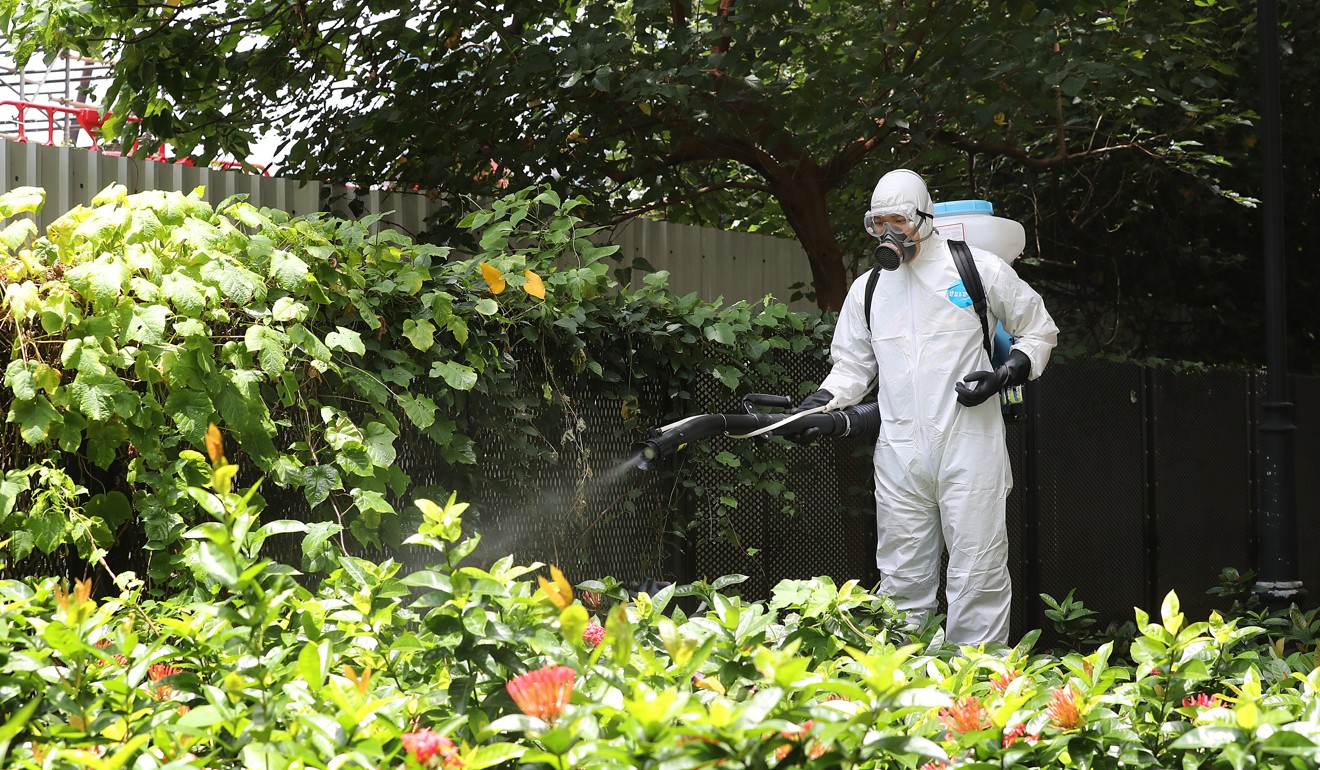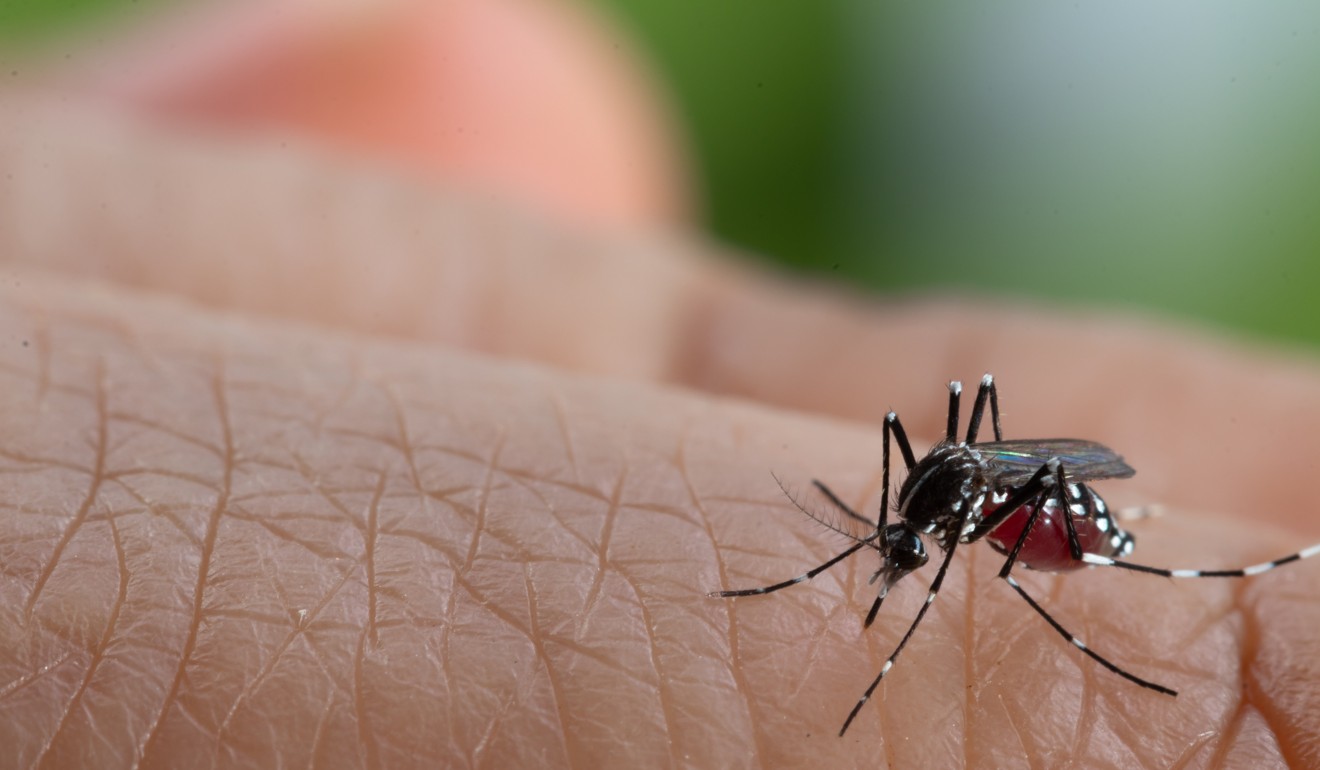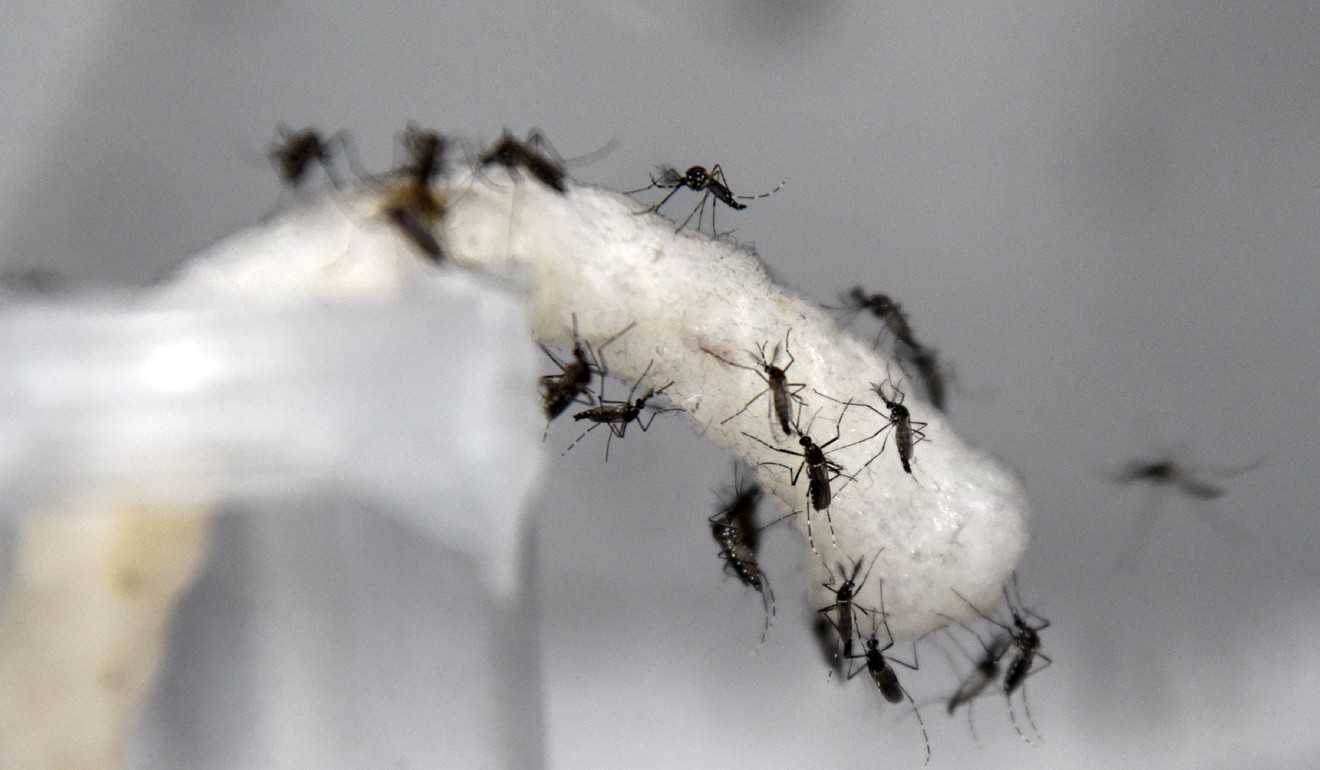
As rains return to Hong Kong, we must strike a balance in how we tackle mosquitoes
From deadly chemicals to radiation to infecting males with viruses, considerable resources are being used to eliminate threats from mosquitoes. But do we really want to exterminate all 3,600 varieties?
It is this time of year, when the heat and black rains in turn dehydrate and soak us, that my thoughts inevitably turn to the world’s deadliest killer – the mosquito.
How they wreak havoc with our summer beach or barbecue parties, or sunset rooftop drinks. Is it not remarkable that such a tiny perfidious terrorist can inflict so much harm worldwide?
In many ways, it is uncouth to complain. Back in the 1970s, before I set off from the Financial Times foreign desk on news missions to “exotic” corners of Asia, I was stocked with quinine pills, instructed to drink lots of gin and tonic, and always checked whether my hotel had mosquito nets.
By today, those of us in Hong Kong can for most of the time regard mosquitoes as a social irritant, rather than a life-threatening challenge. Note, in Hong Kong last year just 102 cases of dengue fever (our normal challenge) were reported – 101 of them “imported” after holidaymakers returned home from Thailand, the Philippines, Sri Lanka or Vietnam. None of the cases were fatal.
So carefully cosseted are we that it is easy to forget just how lethal the world’s mosquitoes are – on average, they infect over 200 million people a year with diseases ranging from malaria and dengue to Zika, West Nile, yellow fever, elephantiasis and the grim sounding chikungunya. They kill at least 725,000 a year, according to Bill Gates and his Gates Foundation. We humans – the world’s second most deadly killer – are blamed for an average annual death toll of about 475,000.

My impression is that mosquitoes have had a very, very long time to perfect their murderous skills – far longer than we humans. One piece of amber found in Canada has entrapped in it a mosquito that is 74 million years old.
And they have the law of big numbers on their side. One ambitious entomologist was recently challenged on Reddit to estimate the world’s population of mosquitoes, and came to the conclusion that there were about 10 million mosquitoes worldwide for every human being. They were apparently outnumbered only by ants and termites.
Because of the scale of harm and irritation caused by mosquitoes (which is an innocent Spanish word meaning “little fly”) they have inevitably been targets for extermination for as long as humans have had the scientific and chemical resources to target them.
When Paul Hermann Muller in 1939 invented dichloro-diphenyl-trichloroethane – better known as DDT – many thought we at last had the better of the world’s nasty bugs, mosquitoes chief among them. His new-found miracle pesticide carved a swathe through the world’s mosquito population. He won a Nobel Prize for his brilliant invention in 1948.
The only problem was that DDT also wreaked havoc along our food chains. It was quickly banned, and mosquitoes surged back from the brink: there are good reasons why they have survived so adequately – like cockroaches – over so many millions of years.

For the past 80 years vast resources have been put into strategies to exterminate mosquitoes, or at least to expunge their lethal power. Progress has been frustratingly slow, but there has been progress nonetheless. Organisations like the WHO, the Bill & Melinda Gates Foundation, a host of academic institutions and even the UN International Atomic Energy Agency have been working worldwide to reduce the threat to us humans. In 2016, over US$2.6 billion was spent on malaria research and elimination alone.
Some initiatives are simple and local – like “eave traps” placed in the gap between roofs and walls in tropical houses (the “eaves”) that dust mosquitoes with poison as they home in on the carbon dioxide emissions of their human prey, or insecticide-laced sugar-bait sheets hung on outside walls (male mosquitoes apparently seek out sugar, and it is only the females that are the bloodsuckers).
Other initiatives are straight out of science fiction. The Atomic Energy Agency is zapping mosquitoes with radiation to sterilise them, so that females lay sterile eggs after they have had their trysts. Others are tampering with mosquito genes so that female offspring are killed.
In China, scientists are infecting mosquitoes with the Wolbachia virus, which makes them immune to the Zika and dengue viruses and, thus, unable to pass them on. A Guangzhou facility – said to be the world’s largest mosquito factory – is farming and releasing into the wild an estimated 3 million Wolbachia-infected mosquitoes every week, with the aim that they mate with wild females, which will then lay infertile eggs.

Another Chinese initiative is using the latest military radar technology that is sensitive enough to detect the wing flaps of a mosquito (they apparently have a common frequency pattern) as far as a mile away. This work rather perplexes me. Quite how useful it is to know that a mosquito is a mile away rather escapes me. Even more troubling, one wonders, what other kinds of movement or activity such sensitive radars can detect – but let’s not get too paranoid.
With so much scientific brainpower and money being spent on eliminating the threats from mosquitoes, I sense that significant progress is being made. But that raises a separate, distinct question: would it actually be a good thing to exterminate all mosquitoes?
As you are being bitten alive over a Sunday barbecue there might be moments of weakness when you would answer an enthusiastic “Yes”. But pause a moment. Remember in the 1960s, when Mao tried to exterminate all of China’s sparrows to stop them pillaging rice and other grain stocks? As sparrows were culled by the million, insects began to infest crops with even more harmful results.
The perverse reality is that, whatever our personal views, there is a delicate balance out there. Note that there are more than 3,600 mosquito species, with just a couple of hundred of them biting or infecting us. What about all those innocent bystanders? Perhaps these infuriating critters – ants, termites and cockroaches too – are to our terrestrial ecosystems what krill are to the sustainability of our oceans. Let us hope our scientists succeed, but not too well.
David Dodwell researches and writes about global, regional and Hong Kong challenges from a Hong Kong point of view

